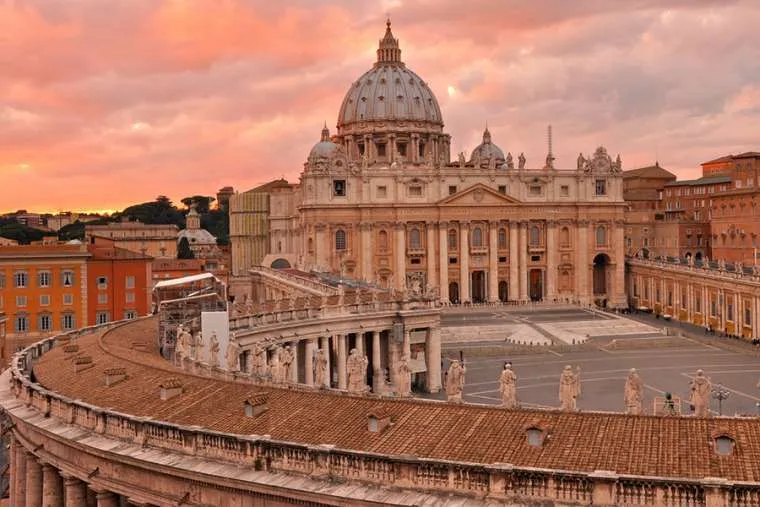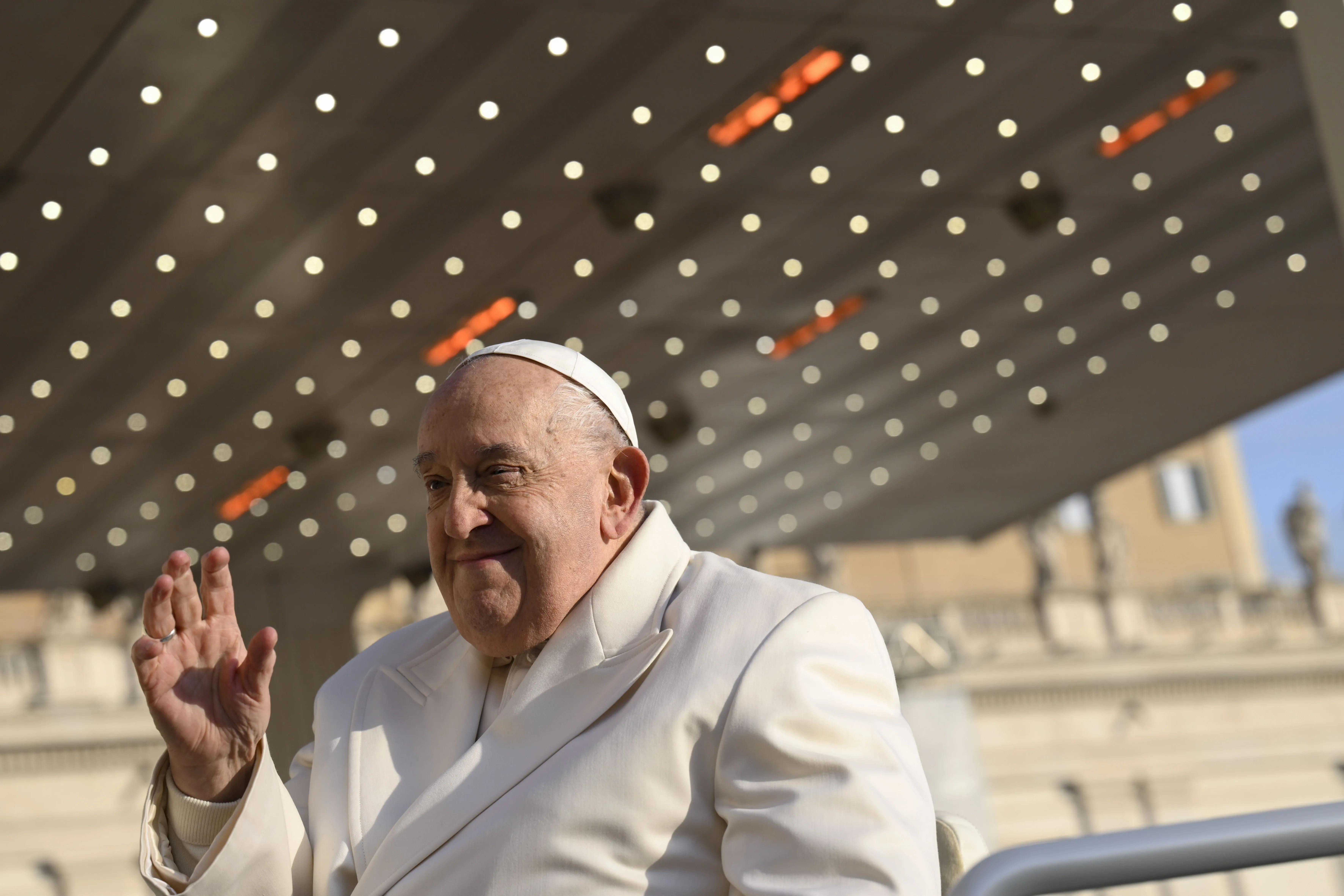Vatican City, 16 October, 2020 / 2:00 pm (ACI Africa).
Vatican officials invited Catholics to participate in the 2020 World Mission Sunday with increased prayers and financial support, as local Churches around the world continue to face the challenges of the coronavirus pandemic.
World Mission Sunday will take place this year on Sunday, Oct. 18. The day is marked by a collection for the Pontifical Mission Societies, a group of Catholic missionary societies under the jurisdiction of the pope.
Fr. Tadeusz J. Nowak, O.M.I., secretary general of the Pontifical Mission Societies, said: “In this time of pandemic, when some churches will be closed on this Mission Sunday, some will be very limited, some will only join the celebration of the Eucharist on media platforms, we are more than ever conscious of our dependence on the providence of God.”
Speaking at a Vatican press conference Oct. 16, Nowak said “and so this coming Sunday, we are all called, wherever we are, in whatever state we are, to pray fervently for the mission of the Church, that the Gospel will reach the hearts of all people.”
“And we are all called to do what we can, to offer what we can, our material goods for the support of this mission and especially for the support of the young churches so much in need of our material support.”








